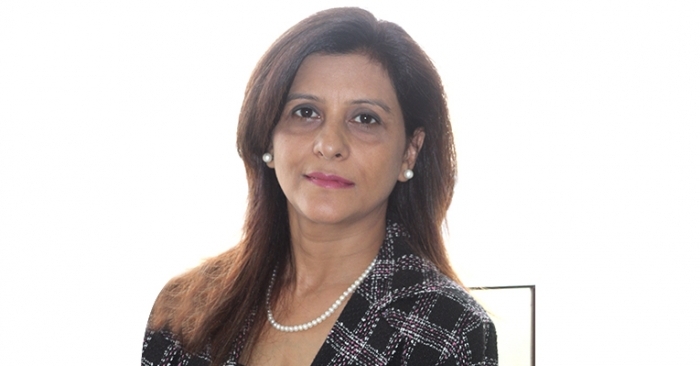FROM MAGAZINE: Harnessing technology for perishable transport
Food habits are going through a rapid change across the globe and people are beginning to consume food grown and produced elsewhere in the world throughout the year. Ruchi Dogra writes on the importance of harnessing the latest technology tools to improve transportation of perishables logistics under temperature-controlled environment.

Food habits are going through a rapid change across the globe and people are beginning to consume food grown and produced elsewhere in the world throughout the year. Ruchi Dogra writes on the importance of harnessing the latest technology tools to improve transportation of perishables logistics under temperature-controlled environment.
Air cargo is an essential element of modern life across the world. Moving perishable goods across different zones around the world is made possible by air transport. It represents less than one percent of world trade by volume but is over 35 percent by value. The reliance on air logistics is driven by the need for speed and efficiency in transporting high-value, time and temperature sensitive cargo like perishables.
When it comes to perishables, the consequences extend from the onward supply chain to the issues related to quality, timeliness and standardsw, causing an enormous opportunity loss if the logistics are not managed properly. Technology advancements and its adoption by all stakeholders involved %u2014 the producers, distributors and logistics companies have made it now possible to address this challenge and provide for a much-needed solution.
Key technologies embraced by perishables which have to enable their movement by air cargo include: Sensor technologies that monitor temperature, pressure, weather conditions, acidity levels etc. These are among the technologies which are enabling monitoring of the perishables all along the supply chain. Stock monitoring, replenishment technologies are well integrated into the whole value chain triggering automated supply in a timely manner thus reducing wastages and helping monetize situational demands.
Product integrity is a facet of prime importance in the perishables for e.g. fish supplies. Technologies like blockchain are enabling the supplier to maintain endpoint integrity and real-time tracking that make smartphone-based technologies to assist logistics movement at intermediate points.
The convergence of key technologies of artificial intelligence, mathematical optimization, and blockchain is providing a leading platform of IoT to the perishables' movement by air cargo. With the emergence of this technology, it has given a boost to industries like pharmaceutical, fresh produce. Today the trends are showing that there has been a decline in electronics movement and rise in temperature control goods from fresh produce to pharma products. With the advancement and evolution in the sophisticated and sensitive medicine, coupled by stringent government and WHO regulations on transportation of drugs, there has been a spurt in innovations to protect these drugs from the climatic changes.
IoT is transforming the pharmaceutical industry rapidly. All stakeholders from airline to pharmaceutical companies to transporters will implement IoT devices to enhance the visibility, processes and to have better control of the entire supply chain process.
Air cargo industry had evolved from moving temperature-controlled products in a cardboard box to a highly sophisticated containers (Envirotainer, va-Q-tec, DoKaSch) capable of not only maintaining the temperature conditions but records and monitor the important events of products while in transit. Use of IoT technology is not only playing a crucial role in ascertaining the product condition, the effectiveness of the drug in transit but also the adherence to the compliance or regulations on transportation.
Beyond all this, the emergence of consolidators who act as global distributors of perishables and the value of understanding that the airlines have for them has created an optimised air cargo handling model.
Airlines are now geared to handle the delivery requirements of perishables with greater certainty by having real-time access to available capacity, route optimisation models (with speed, reliability and cost benefits) using AI and predictive analytics technologies.
Ruchi Dogra is the co-founder and director of FreightCrate Technologies, which is a logistics technology company focused on improving the international freight forwarding process for both logistics service providers and shippers.



